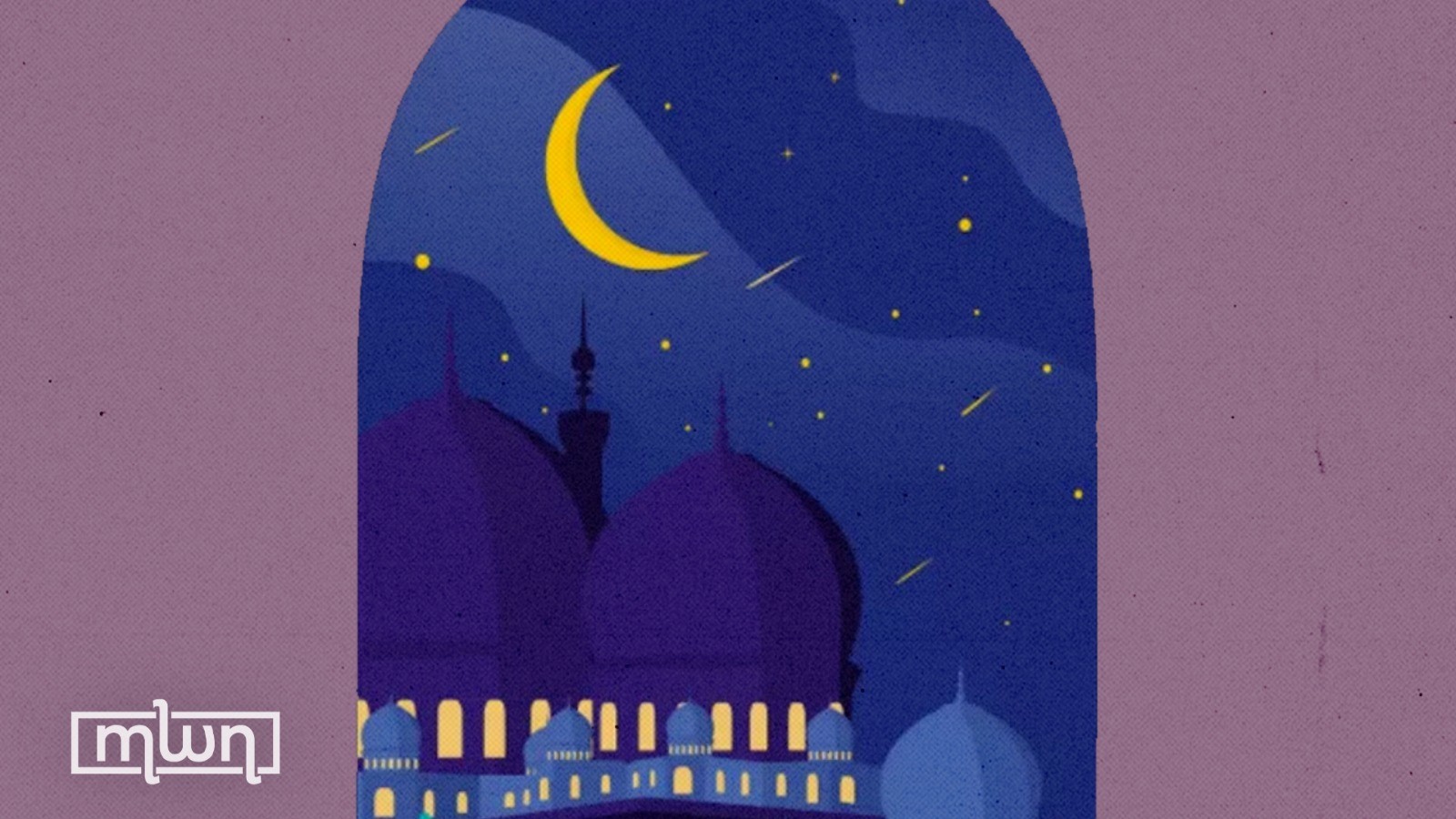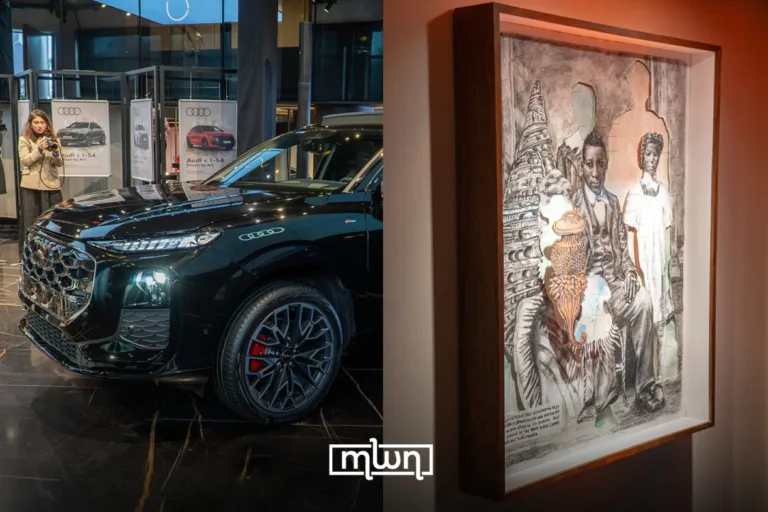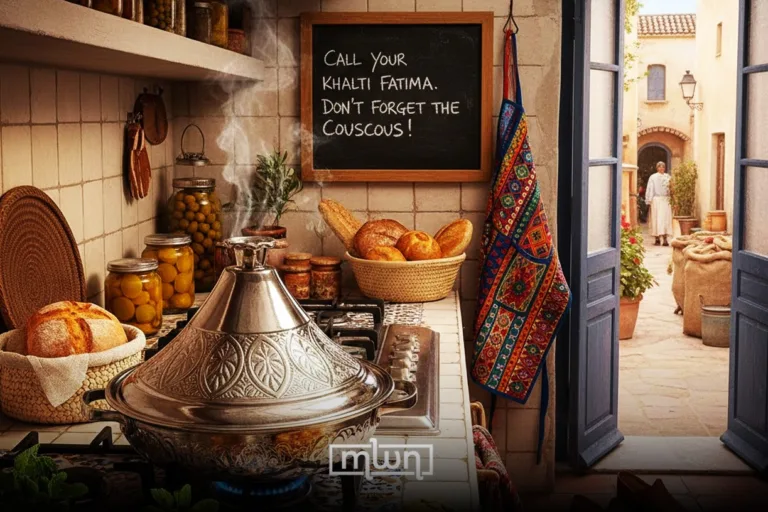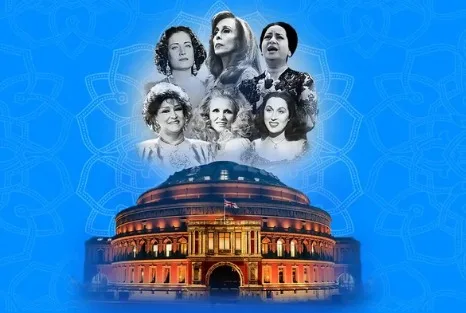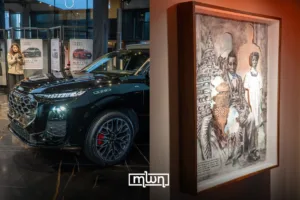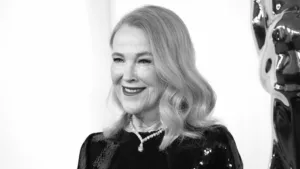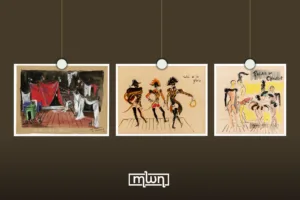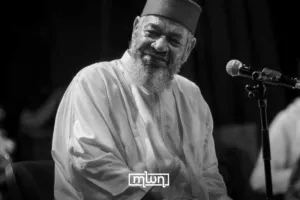Marrakech – In non-Muslim countries, the experience of observing Ramadan takes on a unique significance, as individuals navigate the challenges and joys of fasting amidst diverse cultural landscapes.
In these lands, the rhythms of daily life may differ from predominantly Muslim societies, the experience of fasting can be both deeply personal and profoundly communal.
For many Muslims living in non-Muslim nations, the decision to fast is a deeply personal expression of faith and identity.
It’s a way to honor tradition, connect with their cultural heritage, and reaffirm their commitment to spiritual growth.
Despite the absence of a predominantly Muslim environment, fasting becomes a testament to resilience and determination in the face of societal norms and expectations.
Yet, fasting in non-Muslim countries also fosters a sense of solidarity and camaraderie among diverse communities.
In workplaces, schools, and neighborhoods, colleagues and friends of different backgrounds often come together to show support and understanding during Ramadan.
Whether it’s adjusting meal schedules, offering words of encouragement, or simply sharing in the experience, the act of fasting becomes a bridge that connects people across cultural divides.
Moreover, the experience of fasting in non-Muslim countries offers a unique opportunity for dialogue and cultural exchange.
As Muslims share their traditions and practices with their non-Muslim counterparts, misconceptions and stereotypes are challenged, and bonds of friendship can be forged.
Through open-mindedness and empathy, fasting becomes not just a religious observance but a catalyst for greater understanding and appreciation of diverse perspectives.
Challenges of upholding Ramadan “alone”
Of course, fasting in non-Muslim countries also presents its own set of challenges.
From navigating work obligations to managing social engagements, Muslims must often find creative ways to balance their religious duties with the demands of daily life.
Yet, it’s precisely these challenges that deepen the sense of spiritual growth and resilience that Ramadan represents.
Despite efforts to accommodate fasting Muslims, some individuals may exhibit cultural insensitivity or lack of understanding regarding the significance of Ramadan.
Furthermore, in regions where halal food options are limited, Muslims may face difficulties sourcing appropriate ingredients for the fast breaking meals of iftar and suhur.
Not to mention that Muslims in non-Muslim countries may experience social pressure to participate in gatherings or events that conflict with fasting practices.
This could include invitations to business lunches, happy hours, or social gatherings where food and drink are central to the experience. Managing these social expectations while maintaining religious observance can be challenging.
Navigating these challenges requires resilience, patience, and support from both Muslim and non-Muslim communities.
By raising awareness, fostering understanding, and promoting inclusivity, non-Muslim countries can create environments that respect and accommodate the diverse religious practices of their Muslim citizens.
In non-Muslim countries, Ramadan serves as a testament to the power of diversity and the beauty of cultural exchange.
If you are observing, it can however, also bring up the bittersweet realities of feeling like upholding the lifestyle of Ramadan is contrasting with other non-Muslims around you.
As we navigate the complexities of the modern world, Ramadan reminds us that amidst our differences, there is always more that unites us than divides us.

